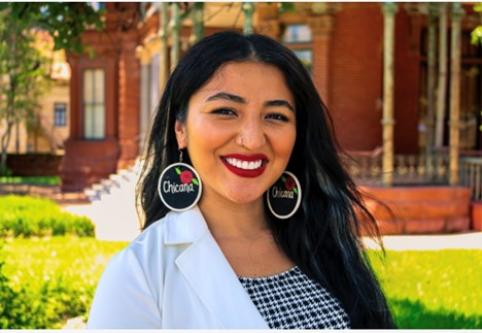Abstract System-involved mothers—those formerly incarcerated, undocumented, drug users, or gang-affiliated—face compounded disadvantages shaped by race, class, gender, and other intersecting structures, often resulting in punitive outcomes for both themselves and their children. Though disproportionately represented in criminal legal and child welfare systems, system-involved mothers' experiences of grief and its impact on family well-being remain largely overlooked in research. While social scientists and neurobiological studies have developed models of grief that link social ties to physical and mental health impacts, such as physiological stress, poor health, mortality risks, depression, and increased drug use, Western culture often neglects the everyday significance of grief for criminalized groups. To move beyond the medical model that pathologizes grief as an individual disorder, this research draws on 27 photo-elicitation life histories and legal case file analyses of Latina mothers involved with Child Protective Services (CPS) in Southern California. Using a social determinants of health and reproductive justice framework, the study reveals how grief is shaped by systemic corruption and criminalization. I connect the mechanisms of corruption specifically to health and emotion, and the ways it materializes to grieving communities. The visual narratives illustrate how grief and care coexist amidst punishment and loss, highlighting how the capacity to hold grief fosters a culture of interdependence and care. In doing so, this research advances more nuanced understandings of how violence and punishment shape not only individual health outcomes and collective experiences of grief, but also enduring desires for freedom and joy.
Bio Katherine Maldonado Fabela is an interdisciplinary scholar and mother from South Central Los Angeles. She holds a Ph.D. in Sociology from the University of California, Santa Barbara and a UC Chancellor Postdoctoral fellowship at UCLA in the Chicano/a and Central American Studies Department. She is currently an Assistant professor in the Department of Sociology and Criminology at the University of Utah and her research interests include critical criminology, health and healing, socio-legal studies, inequalities, and visual and feminist methodology. Her research previously examined the experiences of gang-affiliated mothers and the health effects of criminalization and violence. Currently, her research examines the experiences of Latina mothers and their children within the carceral system, with a focus on the intersections of child welfare, foster care, criminal legal involvement, and punishment processes across drug treatment, mental health, and psychiatric institutions. Katherine’s research has been funded by national and international fellowships and grants, and published in multiple journals and book chapters. Her work on care has been included in policymaking toolkits at the United Nations and she has served as an expert witness in immigration asylum cases.
Light refreshments will be served. Please RSVP.
